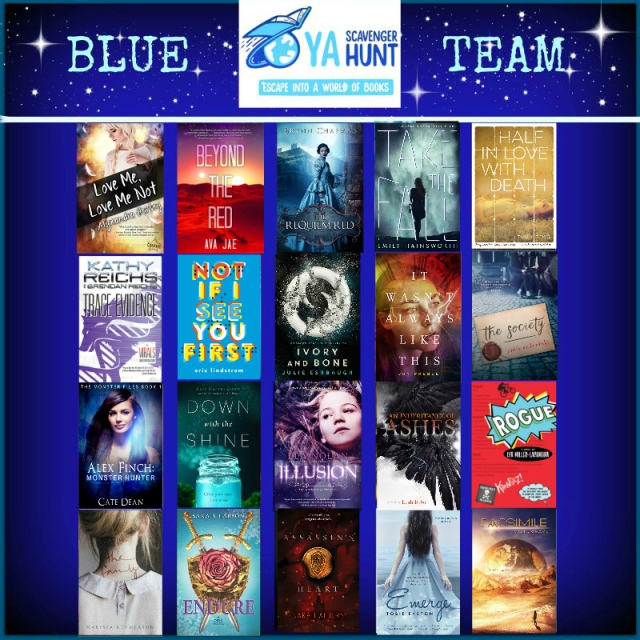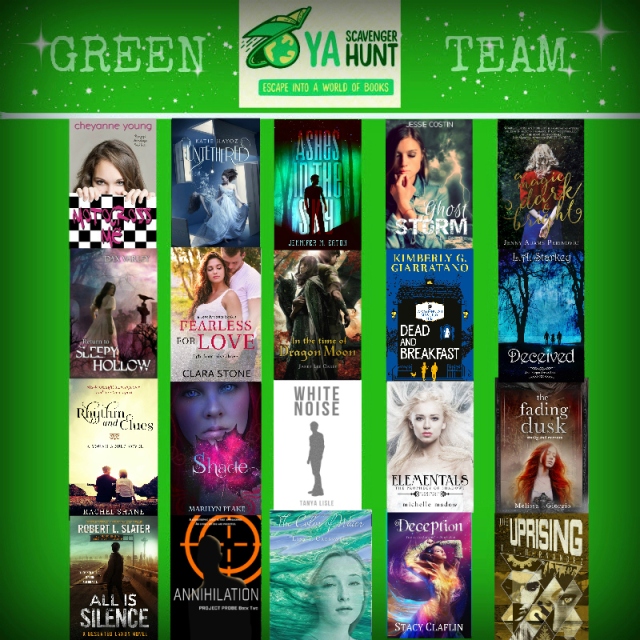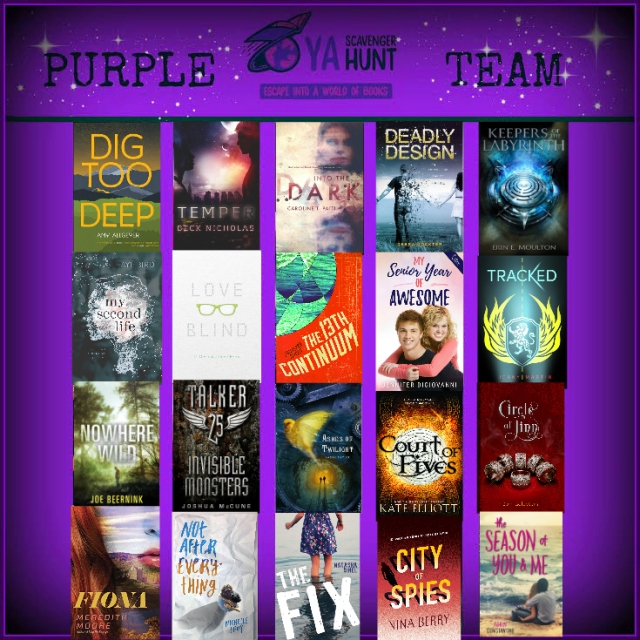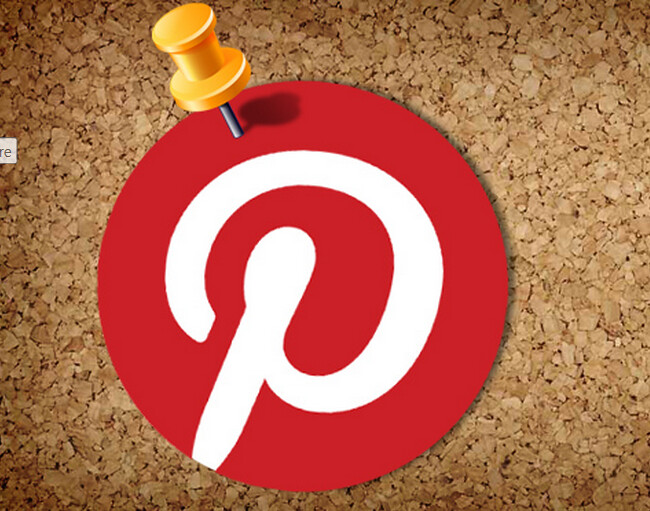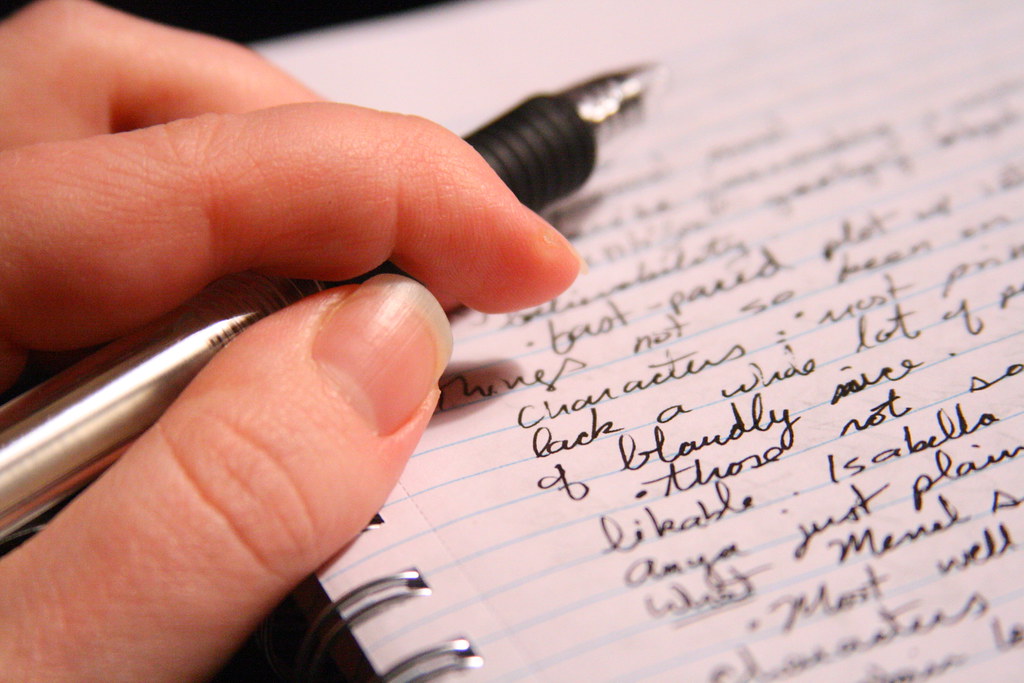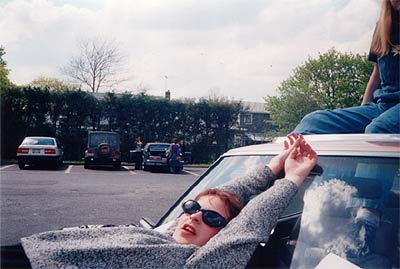 |
| Photo credit: frangrit on Flickr |
But anyway! End of the month means the next Fixing the First Page feature has finally arrived!
As these things go, I'll start by posting the full first 250 excerpt, after which I'll share my overall thoughts, then my redline critique. I encourage you guys to share your own thoughts and critiques in the comments (because I'm one person with one opinion!), as long as it's polite, thoughtful, and constructive. Any rude or mean comments will be unceremoniously deleted.
Let's do this thing.
Title: ISCARIOT
Genre/Category: YA Fantasy
First 250:
As these things go, I'll start by posting the full first 250 excerpt, after which I'll share my overall thoughts, then my redline critique. I encourage you guys to share your own thoughts and critiques in the comments (because I'm one person with one opinion!), as long as it's polite, thoughtful, and constructive. Any rude or mean comments will be unceremoniously deleted.
Let's do this thing.
Title: ISCARIOT
Genre/Category: YA Fantasy
First 250:
"If the wind hadn’t blown her poster for History out of her hands and into Jake Hyland’s, Amanda Walker would never have started talking to him. If she never would have started talking to him, she would be on her way home instead of watching her bus pull away as Jake talked her ear off. The only good part about this arrangement was Sam Jude, who was gorgeous, mute, and standing right behind Jake.
'So, do you want to come with us?' Jake finished, completing the look with teenage boy puppy-dog eyes. Amanda blinked.
'Sorry, what were you saying?'
Jake let out an awkward laugh and rubbed the back of his neck, but he didn’t back off. He just bared his teeth in a smile as awkward as his laugh and started over.
'Me and Jude are going to go check out the old house – you know, the one out on the highway? And, uh, I was wondering if you wanted to come with?' Jake asked. Amanda glanced at Sam, who was looking behind her. 'I mean, you don’t have to.'
'How are we getting there?' Amanda asked. She didn’t really want to go, but her bus had already left and she didn’t want to walk home. On the plus side, she’d be with Sam, even though Jake would probably be vying for her attention the whole time.
Sam held up a driver’s license. Jake looked between her and it, grinning. Amanda wondered if he was ever going to give her poster back."
Okay, so, interesting start. I'm getting the sense something is going to happen at the old house they check out, though I'm already wondering if it'd be better to start even closer—like as they arrive at the house, or start to check the house out. This lead up functions well enough, but it doesn't feel to me, at this point, like it's absolutely vital for the readers to see this scene play out (though, of course, it's totally possible something happens on the next page that does make it vital, but I can only judge based off this single page).
So that's what I'm thinking so far. Let's move on to the in-line critique for a second look.
"If the wind hadn’t blown her poster for History out of her hands and into Jake Hyland’s, Amanda Walker would never have started talking to him. If she never would have started talking to him, she would be on her way home instead of watching her bus pull away as Jake talked her ear off. The only good part about this arrangement was Sam Jude, who was gorgeous, mute Rather than telling readers Sam is gorgeous and mute (and do you mean disabled mute or just not speaking right now?), I think it'd be much stronger if we saw it ourselves with a brief description (not necessarily right now) and some action from Sam, and standing right behind Jake. While I understand stylistically how the "if the" structure openings can sometimes work (and they sometimes do!) the conclusion of this paragraph doesn't feel interesting enough to me for this kind of opening to be absolutely vital. Starting with exposition is pretty tricky, and in this case, I'm not feeling that it's really doing this particular story any favors. I think this could be interesting if moved later in the narrative—maybe it's something Amanda could think about later on?—but I'm thinking starting later in the story and with less exposition would probably be more powerful.
'So, do you want to come with us?' Jake finished, completing the look with teenage boy puppy-dog eyes. Amanda blinked.
'Sorry, what were you saying?' This, to me, just reads as you, the author trying to subtly slide in the exposition, as if Amanda were thinking everything in that first paragraph and wasn't paying attention. But the way the first paragraph is written, I didn't get the sense that it was coming from Amanda. If that's what you're going for, I'd work on trying to make her voice clearer in that intro.
Jake let out an awkward laugh and rubbed the back of his neck, but he didn’t back off. He just bared his teeth in a smile as awkward as his laugh Love this! But you have two "awkward"s in two sentences—see if you can reword one? Perhaps you could describe his awkward laugh in the first sentence instead of saying it's awkward? and started over.
'Me and Jude are going to go check out the old house– you know, the oneout on the highway?. I recommend these cuts because the "you know" makes this "As you know, Bob" dialogue. Super easy fix with the suggested cuts, though. :) And, uh, I was wondering if you wanted to come with?'Jake asked.
*Suggested new paragraph. Amanda glanced at Sam, who was looking behind her.
*Suggested new paragraph. 'I mean, you don’t have to.'
'How are we getting there?' Amanda asked. She didn’t really want to go, but her bus had already left and she didn’t want to walk [this could be a good place to insert the detail of how long the walk would be, for verisimilitude] home. On the plus side, she’d be with Sam, even though Jake would probably be vying for her attention the whole time.
Sam held upahis driver’s license At least, I'm assuming it's his driver's license? Otherwise technically it could be read like he planned to use someone else's driver's license. Jakelooked between her and it,grinnedingSuggesting this change because the original read a little awkward to me. Amanda wondered (Filter phrase alert! I recommend rewriting without "wondered.") if he was ever going to give her poster back."
Now that I've read this twice, I'm feeling more like starting later, like as they arrive at the house, or start checking it out, may be a good idea as long as nothing essential happens before then. The looking back opening, if that's what you're going for, doesn't feel *quite* strong enough for me to justify this scene, and I suspect that all the character intro stuff could be slipped in equally well in a later scene. I am intrigued, however, by where this is going though, and if I saw this in the slush I'd probably skip ahead to the scene where they arrive at the house to see how it plays out.
I hope that helps! Thanks for sharing your first 250 with us, Aurora!
Would you like to be featured in a Fixing the First Page Feature? Keep an eye out for the next critique giveaway in April!
Twitter-sized bite:
.@Ava_Jae talks starting in the right place and opening exposition in the 21st Fixing the First Page critique. (Click to tweet)


















